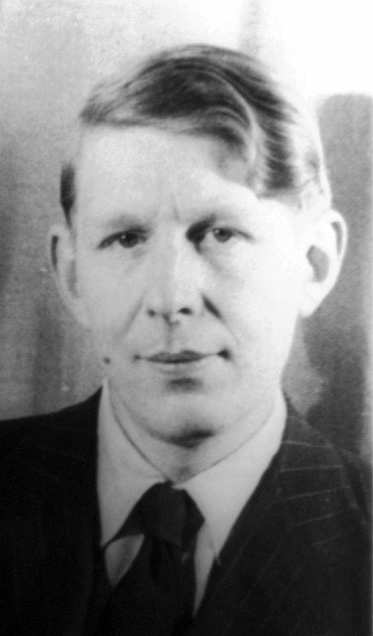W. H. Auden Frases famosas
“Ser livre é com freqüência estar sozinho.”
to be free is often to be lonely
Selected poetry of W. H. Auden - Página 57, Volume 102 de Vintage international, Wystan Hugh Auden - Vintage Books, 1971
Cats can be very funny, and have the oddest ways of showing they're glad to see you. Rudimace always peed on our shoes.
citado em Reflections international: the TV & TS magazine - Página 28, de TransEssex (Organization) - Publicado por TransEssex, 1999
“O Público e eu sabemos o que toda criança aprende, aqueles a quem se faz mal fazem mal em retorno.”
I and the public know What all schoolchildren learn, Those to whom evil is done Do evil in return
W. H. Auden, em 1 de setembro de 1939, conforme citado em "The centre of things: political fiction from Disraeli to the present" - Página 189, de Christopher Harvie - Publicado por Unwin Hyman, 1991, ISBN 0044455925, 9780044455929 - 245 páginas
W. H. Auden: Frases em inglês
"C.P. Cavafy", p. 341
Forewords and Afterwords (1973)
Contexto: In most poetic expressions of patriotism, it is impossible to distinguish what is one of the greatest human virtues from the worst human vice, collective egotism.
The virtue of patriotism has been extolled most loudly and publicly by nations that are in the process of conquering others, by the Roman, for example, in the first century B. C., the French in the 1790s, the English in the nineteenth century, and the Germans in the first half of the twentieth. To such people, love of one's country involves denying the right of others, of the Gauls, the Italians, the Indians, the Poles, to love theirs.
“To ask the hard question is simple,
The simple act of the confused will.”
To Ask the Hard Question is Simple, first published in book form in Poems (1930)
The Fall of Rome (1947), lines 21–28
"The Greeks and Us", p. 21
Forewords and Afterwords (1973)
“The surest sign that a man has a genuine taste of his own is that he is uncertain of it.”
"Reading", p. 6
The Dyer's Hand, and Other Essays (1962)
“One can only blaspheme if one believes.”
"Concerning the Unpredictable", p. 472
Forewords and Afterwords (1973)
“Death is the sound of distant thunder at a picnic.”
A misquotation of a haiku by Auden found elsewhere on this page ("Thoughts of his own death" etc.)
Misattributed
Variante: Thoughts of his own death,
like the distant roll
of thunder at a picnic.
As I Walked Out One Evening (1937)
"American Poetry", p. 367
The Dyer's Hand, and Other Essays (1962)
"As It Seemed to Us", p. 498
Forewords and Afterwords (1973)
Fonte: Paris Review interview (1972), p. 266
"The Justice of Dame Kind", p. 464
Forewords and Afterwords (1973)
It's no use raising a shout (1929), first published in book form in Poems (1930)
Fonte: Paris Review interview (1972), p. 251
"Notes on the Comic", p. 372
The Dyer's Hand, and Other Essays (1962)
Widely attributed online to Auden, this phrase does not occur anywhere in his writings. It is apparently a confused recollection of the title of his long poem The Age of Anxiety (1947). (The phrase "age of anxiety" occurs only in the title of the poem, not in the text, nor in anything else by Auden.)
Misattributed
"The Guilty Vicarage", p. 157
The Dyer's Hand, and Other Essays (1962)
"The Protestant Mystics", p. 52
Forewords and Afterwords (1973)
